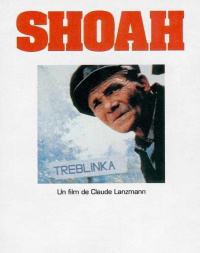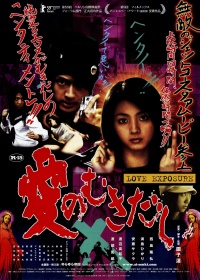Sátántangó (1994)
Drama
|
435 minutes
Genre: Drama
Duration: 435 minuten
Alternative title: Satan's Tango
Country:
Hungary / Germany / Switzerland
Directed by: Béla Tarr
Stars: Mihály Víg, Putyi Horváth and Miklós Székely B.
IMDb score:
 8,2 (13.879)
8,2 (13.879)
Releasedate: 8 February 1994
Latest News

Mahjong Scenes in Cinema: What They Reveal About Character and Culture

From jump scares to jackpots: why horror movie aesthetics persist in modern online casino design

How Online Casinos Use Hollywood-Level Storytelling in Modern Slot Designs





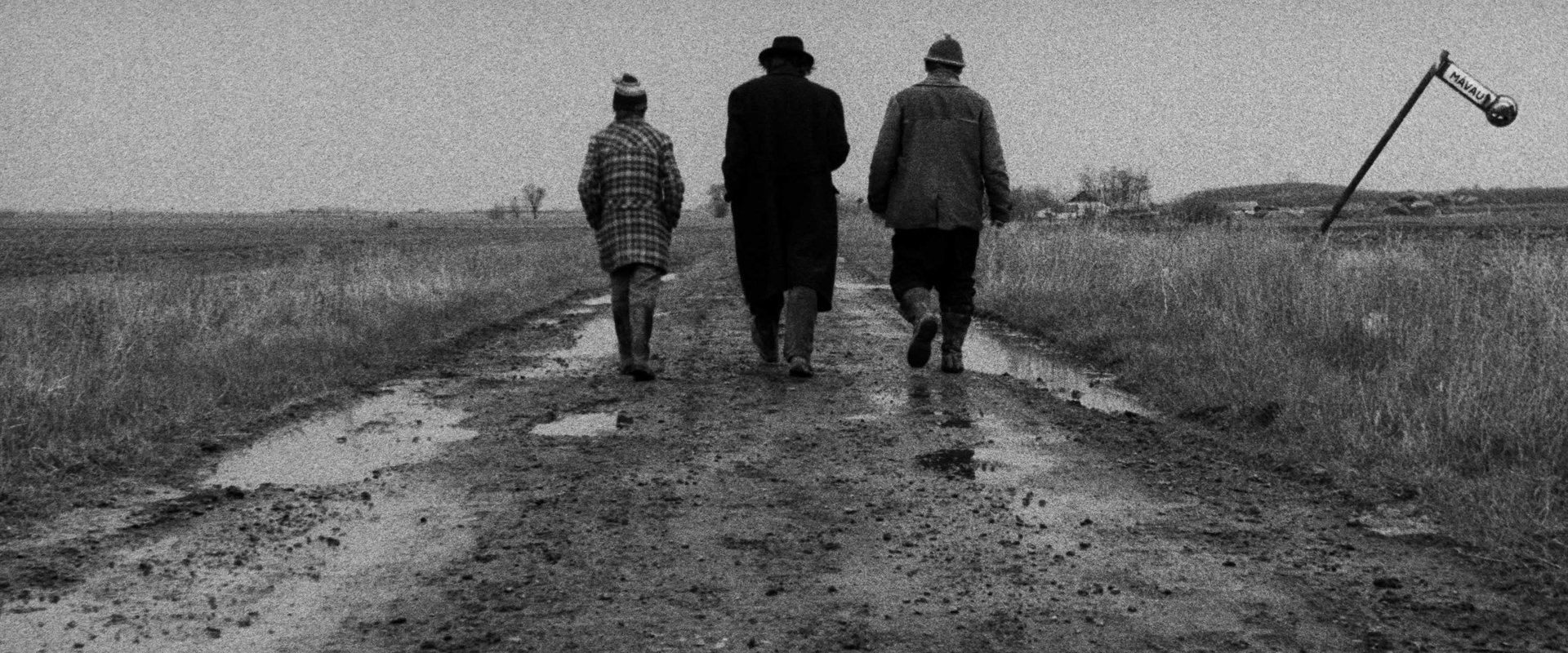
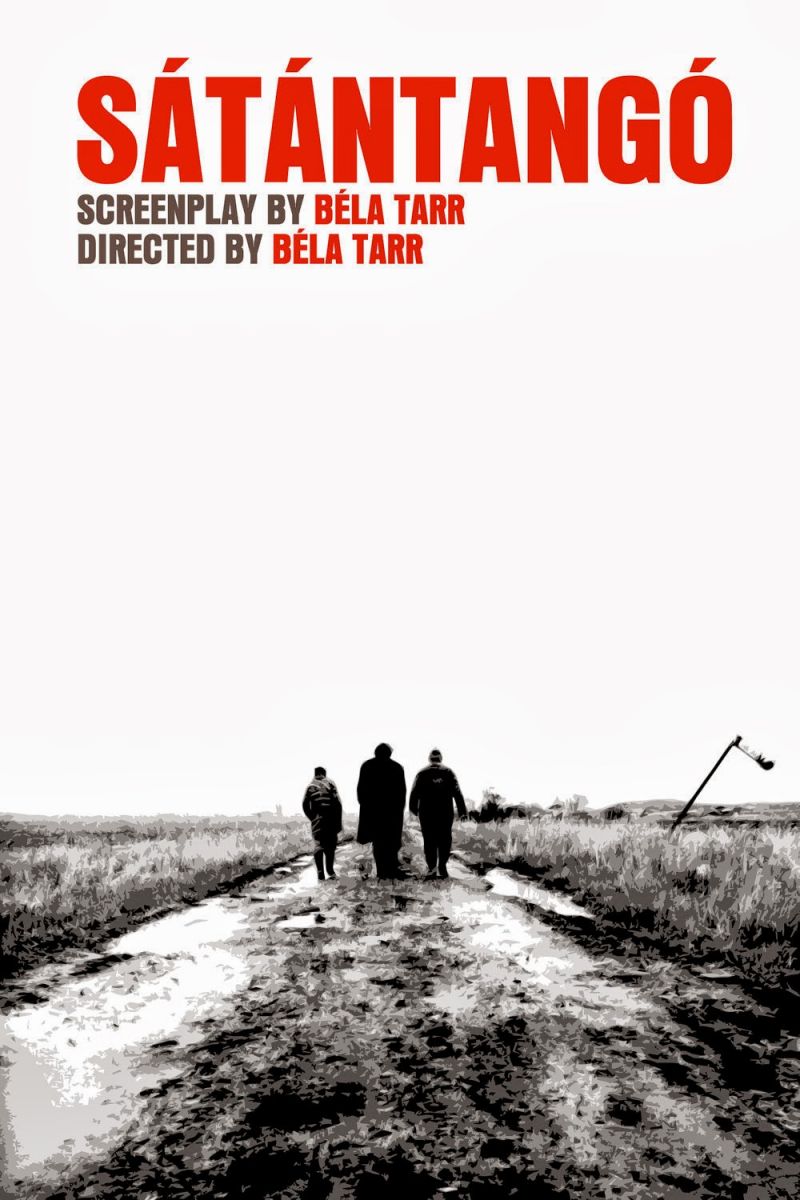

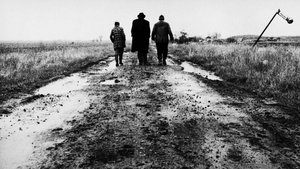
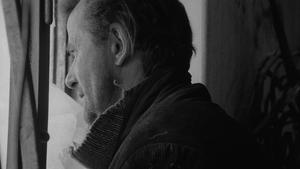
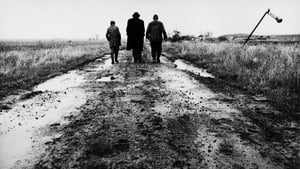
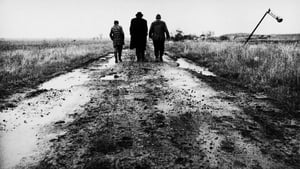
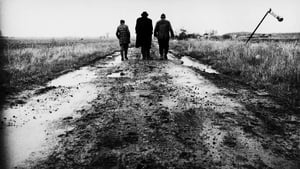
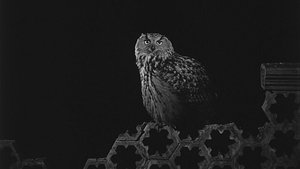




 Translated from Dutch ·
Translated from Dutch · 